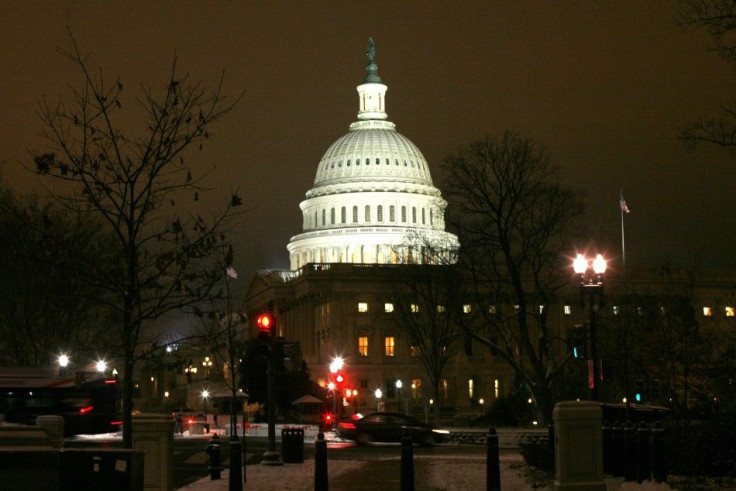Innovation Act 2013: The Modern Day Billy Goat Gruff Faces The Senate

It’s a modern telling of the Three Billy Goats Gruff, where a troll threatens to eat a trio of goats but ends up being dumped into a river by the biggest of those goats. This version of the Norwegian fairy tale takes place in 2013, where the troll is a company and the third goat (the biggest goat that likes to headbutt) is the Innovation Act. With whopping support, the bipartisan White House-backed bill passed the House on Dec. 5, 325-91. But as the main vote on the bill passed with heavy favor, several amendments for plans to reign in patent troll cases were hotly contested and mostly shot down with just one amendment passing.
H.R. 3309, simply called the Innovation Act, was introduced by Rep. Bob Goodlatte (R-Va.) late this October. The bill seeks to cull the numerous patent cases that have little to no evidence and rely solely on litigation prowess over small companies, commonly referred to as patent troll cases. If the Senate passes the bill with no further amendments it will increase transparency in patent cases, reduce fees defendants accrue, and empower small company defendants.
Non-practicing entities (NPEs), known to the layman as patent trolls, are often shell companies with few employees that sue companies and end users for patent infringement, offering little to no evidentiary support, leaving defendants the option to fight the case and rack up exorbitant fees or, as it most often happens, to settle. The Innovation Act, however, seeks to limit patent troll legality, bolstering legitimate patent infringement cases concurrently.
Several amendments that changed the nature of the bill were proposed, but with the exception of one amendment removing the fee-shifting provision (allowing defendants to pass off their litigation costs onto the plaintiff if they win the case), most of the bill’s proposed amendments were handily defeated. The fee-shifting amendment, otherwise seen as a “Loser Pays” system, was only barely defeated with a vote of 199-213, with Democrats snubbing the provision; Dems voted 174-18 for the amendment.
Patent troll cases are on the rise. According to a recent study by Silicon Valley-based analytics firm Lex Machina, 56 percent of all patent case plaintiffs in 2012 were NPEs, up from four years earlier when it was less than half that amount -- 24 percent. This increase is largely due to the fact that patent troll cases rarely go to trial. Most defendants opt to settle and pay than incur costly legal fees for a winning defense; the study said "75 percent of terminated cases filed by [NPEs} ended in a settlement."
Ultimately, the Innovation Act bill seeks not only to deny patent trolls and increase transparency, but also works to spur innovation. Much of the money big and small companies spend in settlements, otherwise known as “nuisance fees,” could be well put towards innovating current technologies and disseminating new products. Patents trolls, on the other hand, are seeking a quick buck without consequence. In some cases, technology companies have filed for bankruptcy simply because of the large sums they have accrued defending their cases, money that would be better reinvested back into the market.
The Innovation Act of 2013 will face the U.S. Senate, where it needs the simple majority of votes (51) to pass, and after that, the President's desk.
© Copyright IBTimes 2024. All rights reserved.




















